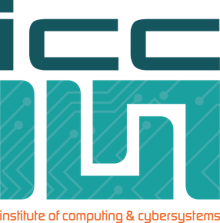
The Michigan Tech Institute of Computing and Cybersytems (ICC) has announced a search for an Assistant Director, Research Development, an administrative position.
The new position will support ICC researchers as they collectively work to create and implement activities to grow and support ICC-affiliated research and graduate programs.
By collaborating with, coaching/mentoring, and supporting the work of researchers at all levels, this individual will be integral to the business development and outreach of the ICC. The successful candidate will provide pre- and post-award support to institute members, assist with the financial processes for the institute, and help lead daily administrative functions.
View the complete position description here.
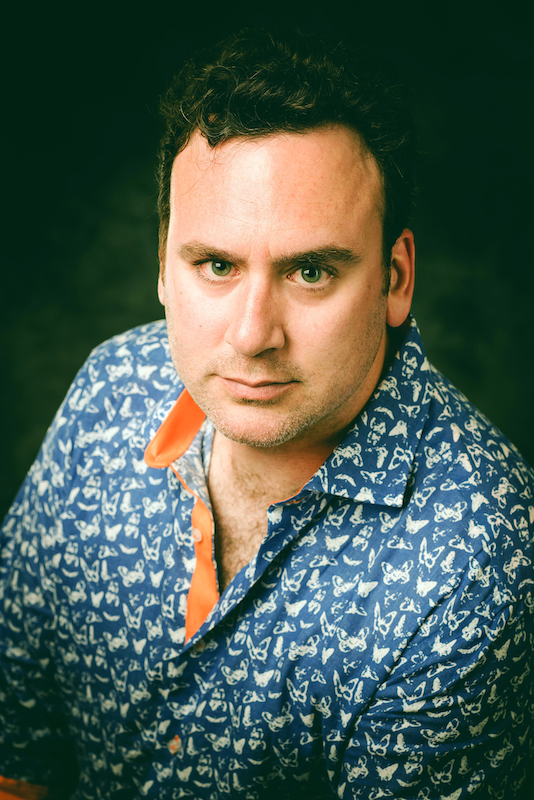
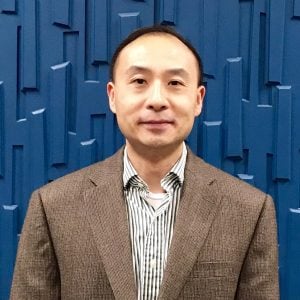
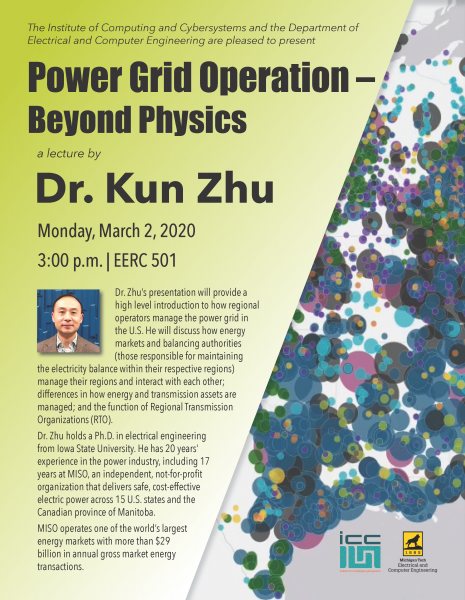
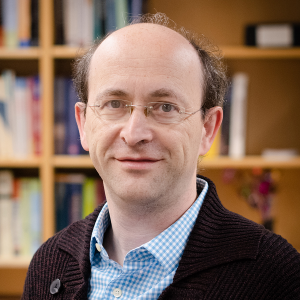
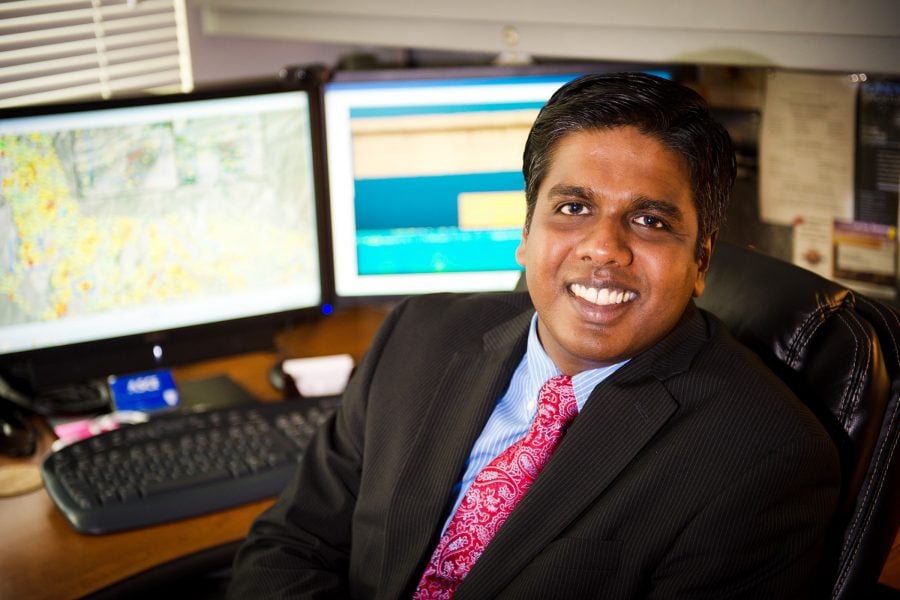
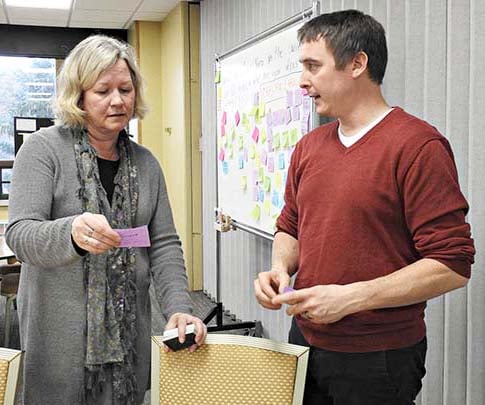
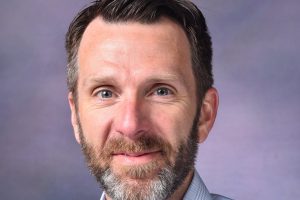
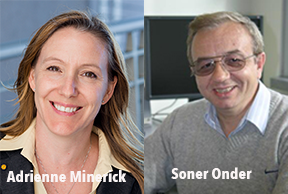
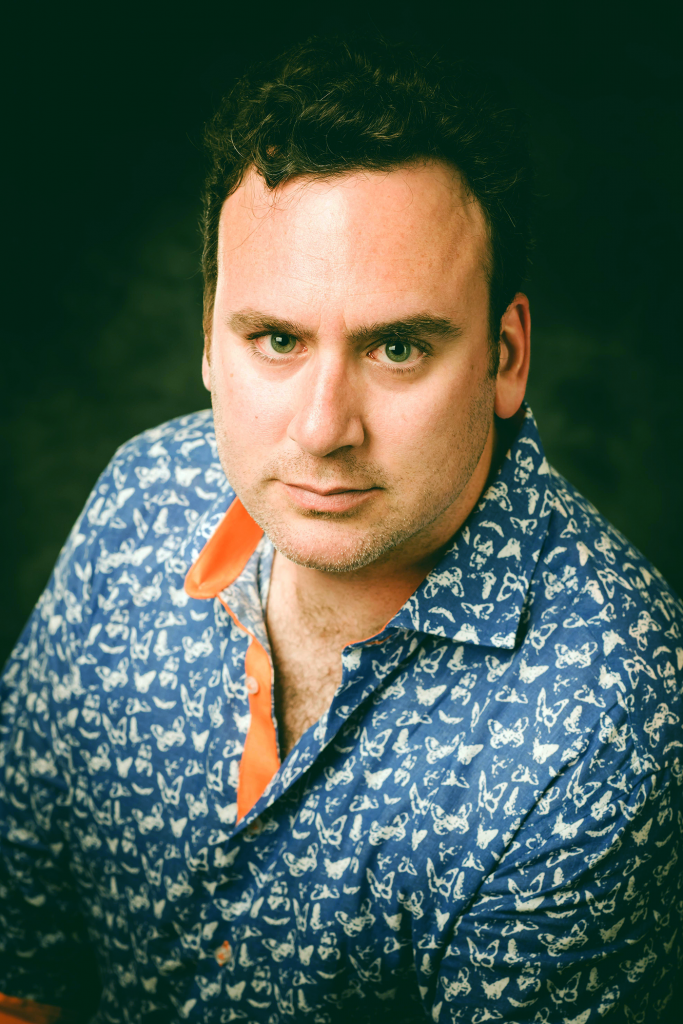
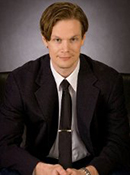 Guy Hembroff, associate professor and director of the Medical Informatics graduate program (CC/CyberS), attended the three-day workshop, “Teaching With Impact – Innovating Curriculum With Entrepreneurial Mindset,” in Milwaukee, Wisc., this July.
Guy Hembroff, associate professor and director of the Medical Informatics graduate program (CC/CyberS), attended the three-day workshop, “Teaching With Impact – Innovating Curriculum With Entrepreneurial Mindset,” in Milwaukee, Wisc., this July.